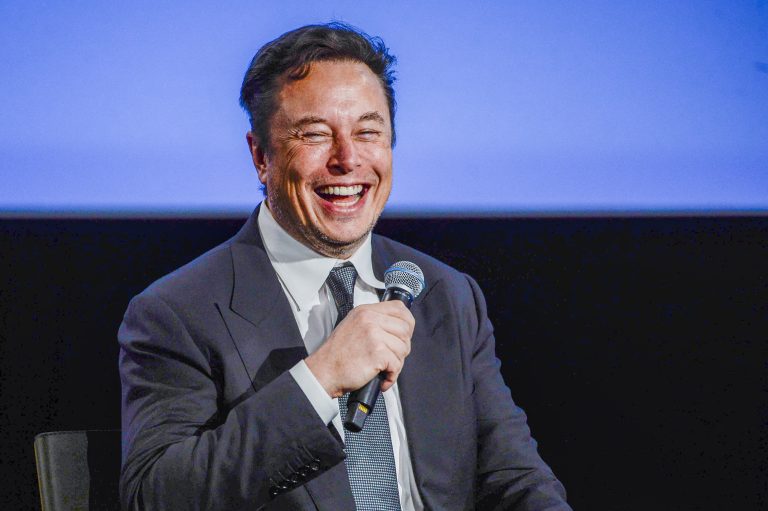In 2022, Elon Musk was nominated, once again, for Time Magazine’s Person of the Year, appearing on the shortlist with figures like Chinese leader Xi Jinping and Ukrainian president Volodymyr Zelensky.
While Time chose Zelensky over Musk, and others, what is clear by both the reaction to Time’s consideration of Musk and numerous recent polls is that Musk is an exceptionally polarizing figure, at least for Americans.
A YouGov poll conducted by The Economist in mid-November, 2022 — around one month after Musk acquired social media giant Twitter — indicated that 16 percent of respondents had a “Very favorable” view of Musk while 25 percent had a “Somewhat favorable” impression, indicating that 41 percent of respondents think favorably of Musk.
Contrasting this are the number of Americans who say they have an unfavorable opinion of the tech mogul. Twenty-two percent of respondents said they had a “Very unfavorable” view of Musk while 15 percent indicated they had a “Somewhat unfavorable” view, revealing that 37 percent of Americans are just not that into him.
The poll, which surveyed a total of 1,496 Americans also indicated that 23 percent of respondents didn’t know how they felt about the man.
Success
You are now signed up for our newsletter
Success
Check your email to complete sign up
It should be noted that the same poll asked participants to rate the favorability of Elizabeth Holmes, the convicted multi-billion dollar fraudster who once led the now bankrupt tech company Theranos. The results indicated that 16 percent of respondents had a favorable impression of the convicted businesswoman while 48 percent didn’t know.
A recent Quinnipiac poll revealed that 36 percent of Americans hold a favorable opinion of Musk while 33 percent have an unfavorable opinion of him, and 26 percent said they don’t know enough about him to say.
READ MORE:
- World Economic Forum 2023 Davos Summit Cancels Elon Musk’s Twitter
- Musk Says He’ll Step Down as Twitter’s CEO After He Finds Someone ‘Foolish’ Enough to Take the Job
- Musk Cashes Out Another $3.6 Billion in Tesla Stock
Musk’s reputation as a successful businessman, however, appears to be clear. A Dec. 19 poll, conducted by YouGovAmerica which asked, “Do you believe Elon Musk is a successful business person?” indicated that 58 percent of respondents thought he was, while only 22 percent said “no,” and 20 percent said they were unsure.
In a now infamous Twitter poll, conducted by Musk himself on Dec. 18 last year, that asked users whether or not he should step down as CEO of the platform, 57.5 percent said he should while 42.5 percent said he should stay on. The poll attracted over 17.5 million respondents and Musk said he would adhere to the outcome of the poll as soon as he found “someone foolish enough” to step up.
It’s important to note that Twitter polls are considered highly unreliable as they can be influenced by bots and coordinated actions, which begs the question; why would Musk use them as a decision making tool?
The Economist’s poll also asked participants, “Do you approve or disapprove of how Elon Musk is handling his job as CEO of Twitter?”
Thirty-eight percent of respondents said they either strongly or somewhat approve of Musk’s performance and the same percentage of people, 38, said they either somewhat or strongly disapprove of Musk’s performance. Twenty-five percent indicated they were “not sure.”
Yet another poll on the matter, conducted by HarrisX, came to a different conclusion however. It found that 61 percent of Twitter users in the U.S. and 53 percent of American adults say Musk should remain CEO of Twitter; however the poll only asked 1028 people from the general population and 429 actual Twitter users.
One thing that the mass majority of Americans do agree on is that social media platforms, in general, do more harm than good.
The Quinnipiac poll indicated that seven in 10 Americans (70 percent) think social media companies like Twitter and Facebook do more harm than good, while only 18 percent say the platforms do more good than harm.
















